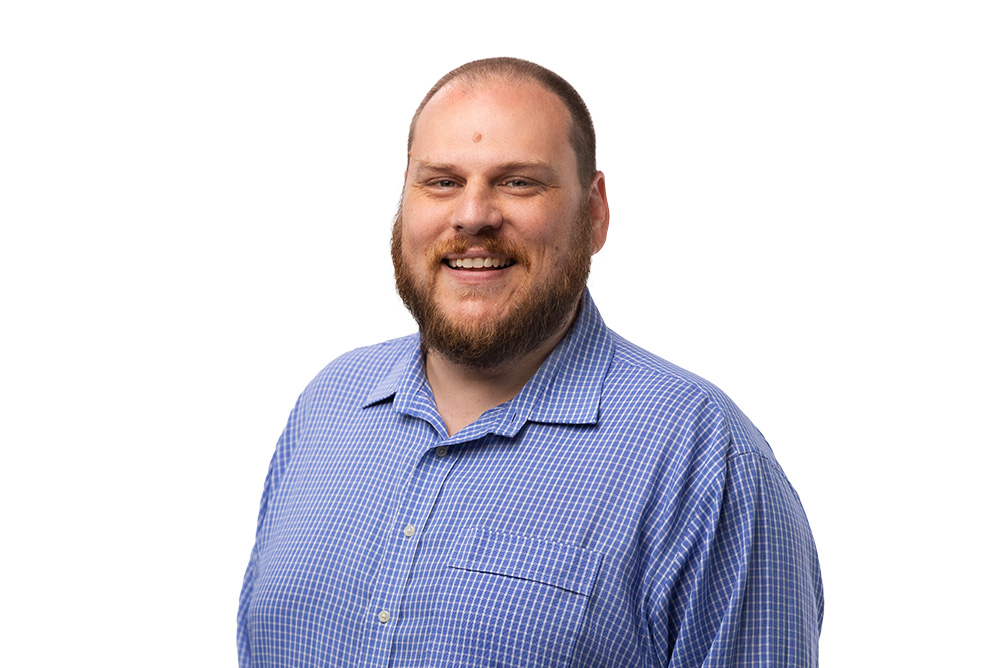A keynote at the Empower AUC Ministerial Association convention, a five-day training and development event for all the ministers in the AUC, captured my attention. This event happens every five years and I can only imagine the logistics involved in getting everyone together at Avondale University and filling the schedule with speakers and workshops designed and developed to support our pastors and grow their capacity to serve—filling up their cups that are poured out for us each and every week.
The speaker was Dr Bill Knott, recent editor of Adventist Review and current associate director of Public Affairs and Religious Liberty.
His presentations were filled with interesting stories, personal anecdotes and a heartfelt passion for the Church.
A concept he described that really stood out to me, in the midst of a fantastic testimony, was the idea that each of us has a “functional” and a “practical” theology.
He described the Adventist doublespeak that we become adept at navigating in the Church, but that often leaves us with a disconnect, a cognitive dissonance between who we think we are—who we hope to be ideally—and who we actually are—how we live.
Our beliefs are the bedrock of our behaviour. Sometimes, they have ramifications we can’t foresee, and so we often need to spend time when working out our theology, looking at the applications, the positive or negative end-result of our idealistic attempts at describing and understanding the nature of God.
It is little wonder that Jesus taught “You will know them by their fruits” Matthew 7:16 (NKJV).
It’s an important exercise to recognise this because we can easily disconnect the two and end up with “minds fixed on heaven that are of no earthly use”.
For example, we have a theology of Sabbath but our practice and behaviour on the day can undermine that claimed commitment. We can claim to have a theology of love for others, but other theological truths (truth, urgency, righteousness) supersede that claim in practice.
The big one that Dr Knott spent time describing was the concept of God’s grace. Our theology on grace is sound. Grace and faith alone. Officially, idealistically we stand by the concept. But our language and behaviour after that can often model something different.
It is the need to say “but” after every mention of the word grace; to add qualifiers and conditions. “. . . God’s grace but grace without works is dead,” or “but once we have grace, we have to show the world we are saved by . . .”. That is a place where people’s lived understanding of grace can differ from the ideal and official church expression. Many of us become tied to a works-based understanding of grace.
This is how we as a church get to the point where, on paper, we say and believe all the right things—our theology checks out—but in practice we differ so wildly from each other.
When our theology creates feelings of shame, guilt and failure, it is not bringing us the “easy burden”, “light yoke” (Matthew 11:30) or “abundant life” (John 10:10) Jesus has promised. It can be devastating to our health and our families.
Our views on the end of time, the gospel commission, grace, love, judgement can significantly impact how we live and how we treat other people. It is important to get align our practical theology with our functional or we risk killing ourselves and others with our “heavy burdens, hard to bear” (Matthew 23).
“God is love” is my theology (1 John 4:8). It is the bedrock and filter through which my functional theology must pass. Now this hard-won position (for me) comes from the practical theology of my parents, co-workers, mentors and other influences in my life. I’ve changed, matured, developed and so has my theology. And I don’t always perfectly live out the concept of God being love in my life and actions. Sometimes I get in the way (but I try not to let my theology get in the way).
Through recent difficult and stressful times, the thing that has kept me going is the crazy idea that God loves me. No matter what, He loves you too! Whatever your unique mix of theology.






